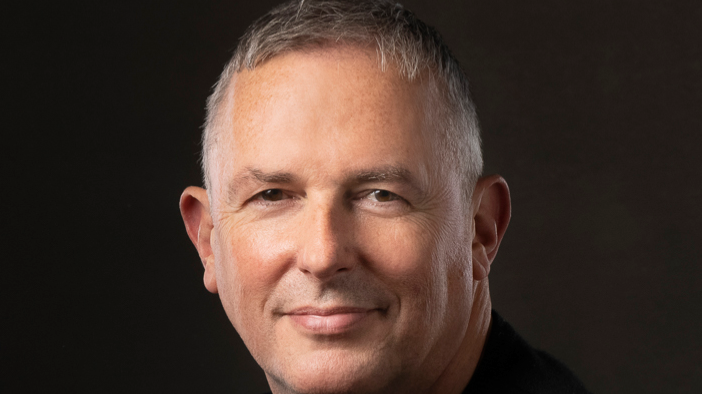
Committing to kindness in the workplace and beyond
‘Kindness is the way that we’ll end up saving the planet.’
My name is Magnus Wood. I’m coming to you from a boat where I’m lucky enough to live and work. I’m the cofounder of the kindness corporation; kindness is my mission and purpose in life.
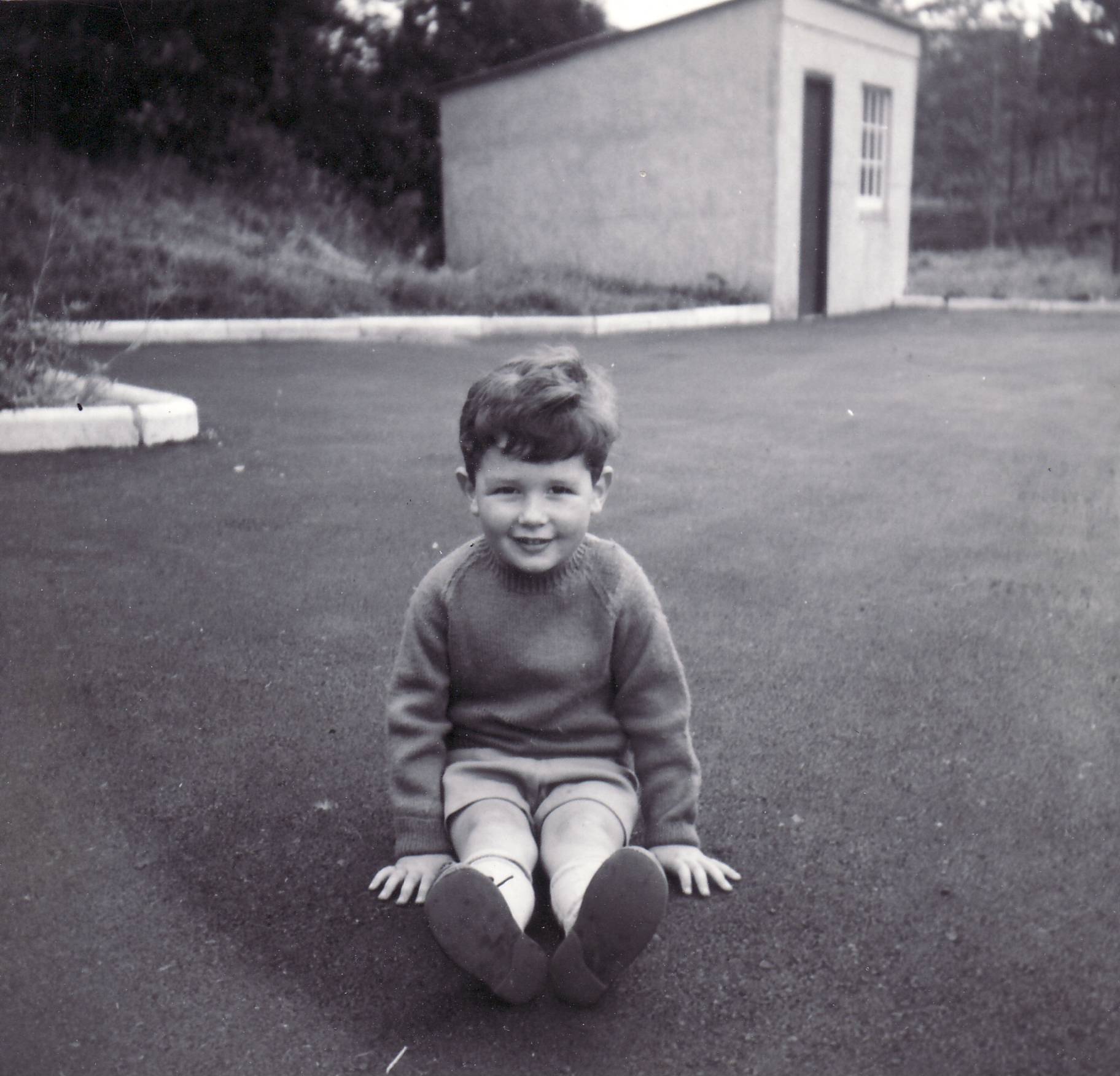
Growing up, I wanted to be in the army. Funnily that’s now probably the least likely job for me.
I was born and brought up between Scotland and London. For the first part of my life, I grew up as a wee Scottish lad until we moved to London in my final year of primary school. It was a stark contrast to the highlands of my early childhood, but I fell in love with the hustle and bustle.
I was fortunate to attend a grammar school where I learned important lessons about learning, leadership and hard work. I lived quite far from my school, which was lonely at times, but it gave me many great gifts.
I developed a great love of books and learning, cultivating a wealth of knowledge on the loch ness monster, a particular interest of mine. Beyond that, I was interested in nature and even considered studying zoology at university.
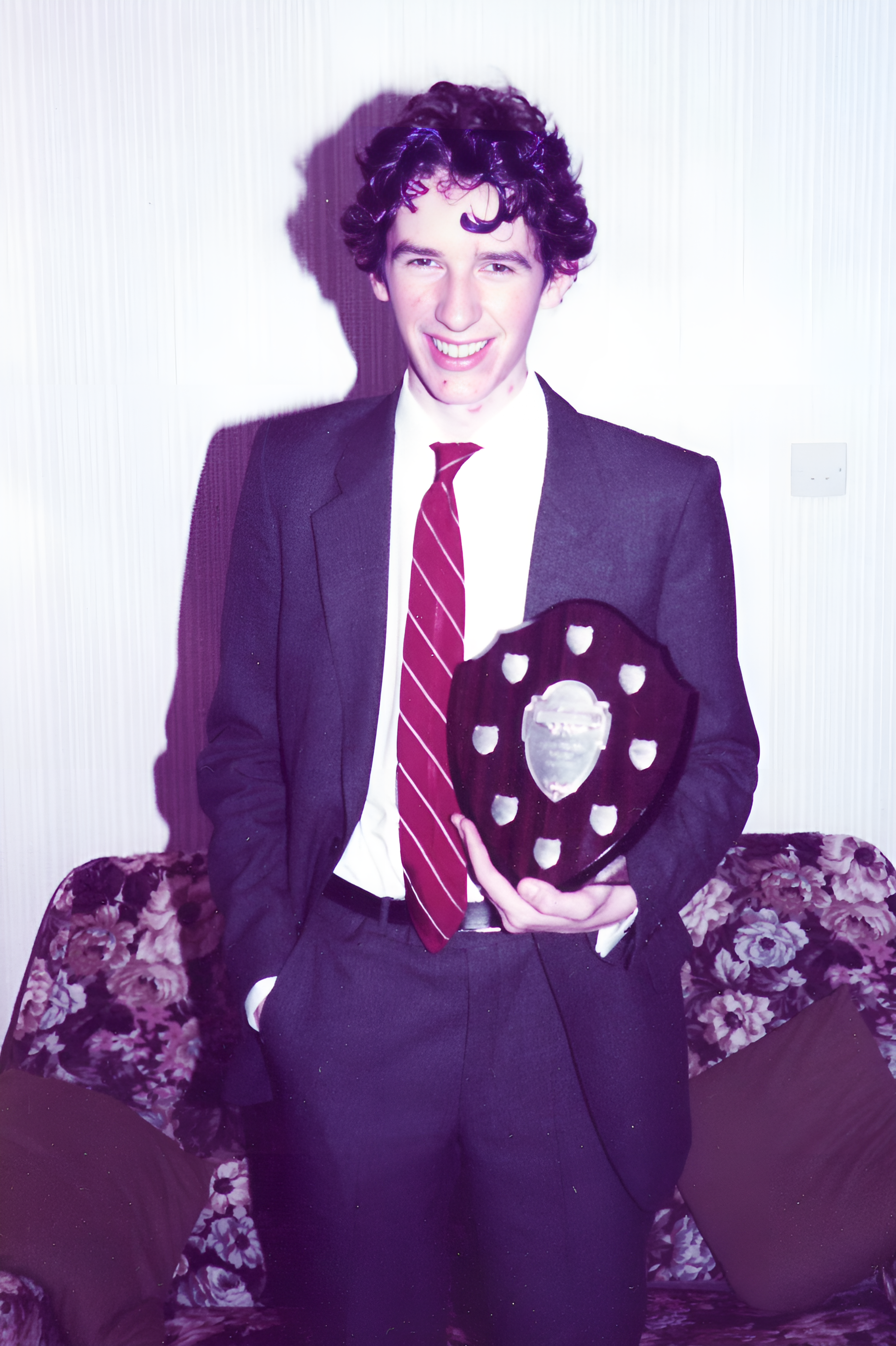
I grew up in the 70s, and was lucky to go to a grammar school. I learned lessons about learning, leadership and hard work. I had the gift of living far from school, so my teenage years were spent alone. That gave me a great love of books and learning.
My time alone as a child also taught me that it’s okay to stand apart and be different, a valuable lesson which has aided me in my adult life.
In my last couple of years at school, we moved back to Scotland. Before then, I’d only ever attended an all-boys school so having girls in the class was exciting and new.
My next move was to head to Southampton University, where I read psychology. I’ve always had a keen interest in understanding people’s motives, so I really enjoyed the course.
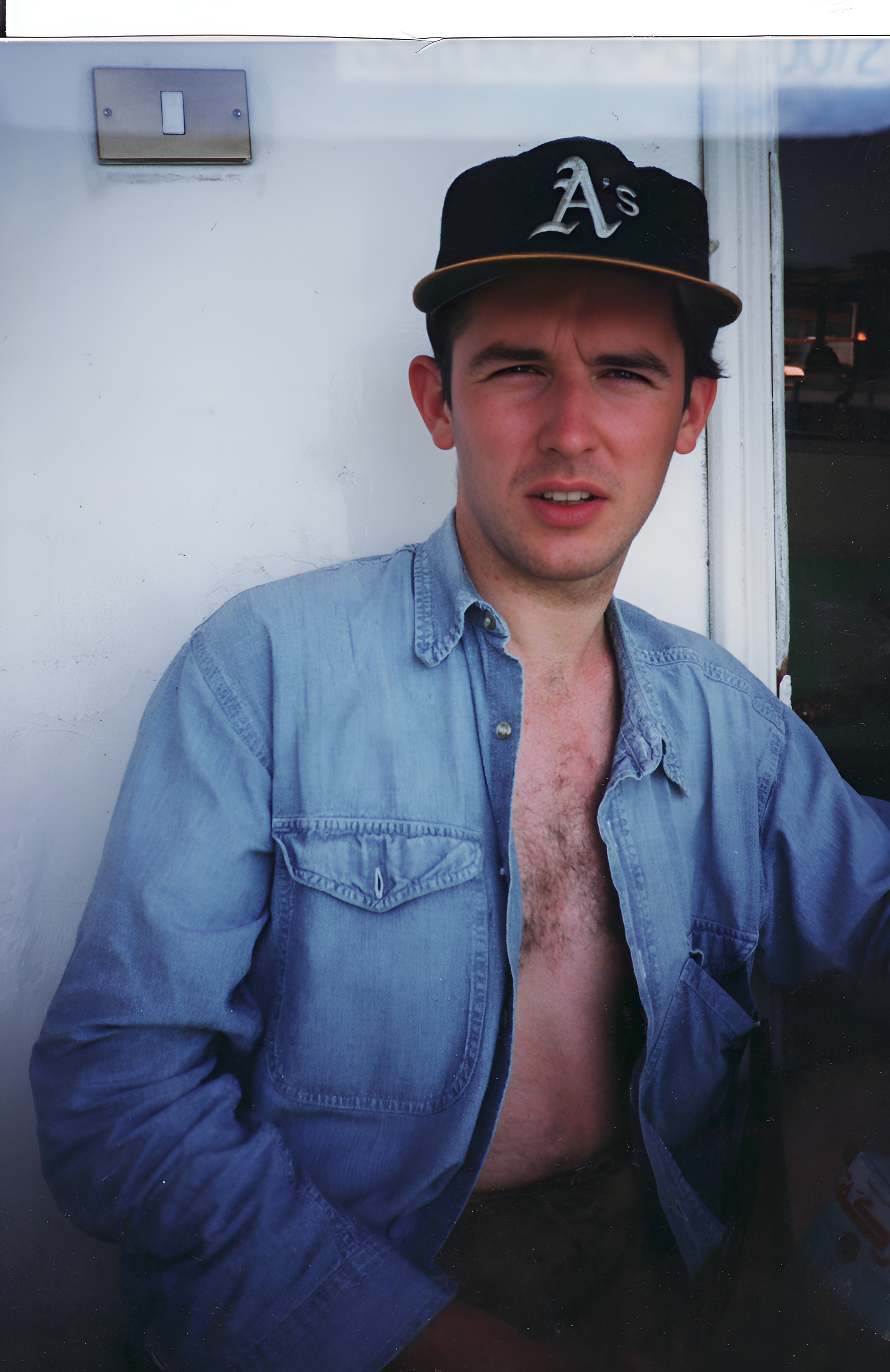
One particular study stood out to me. It was based on tribal behaviour in Papua New Guinea, where two distinct behaviours were observed; ceremonial warfare and ceremonial exchange. One being constant conflict and the other being sharing.
I realised those were the same behaviours exhibited in the UK, especially regarding football teams. That taught me a fantastic lesson in the universality of human behaviour.
Following university, I decided to go down the path of advertising. I adored the creative process and did that for a very long time. But it certainly wasn’t the best work environment; it was littered with individuals with big egos. Regardless, I managed to do well.
The disillusionment began to set in eventually; I was sick of just selling stuff to people. As I grew and became a leader, I concluded that the role of a leader was to create an environment where individuals could thrive.
In my last job, I ran a large content creation and branding company for a sizeable UK-based e-commerce retailer. I had a large team of around 200 people across the UK but needed to put my money where my mouth was.
In 2019 I did it. I started working with people I had in my past roles, but this time encouraged them to make good teams.
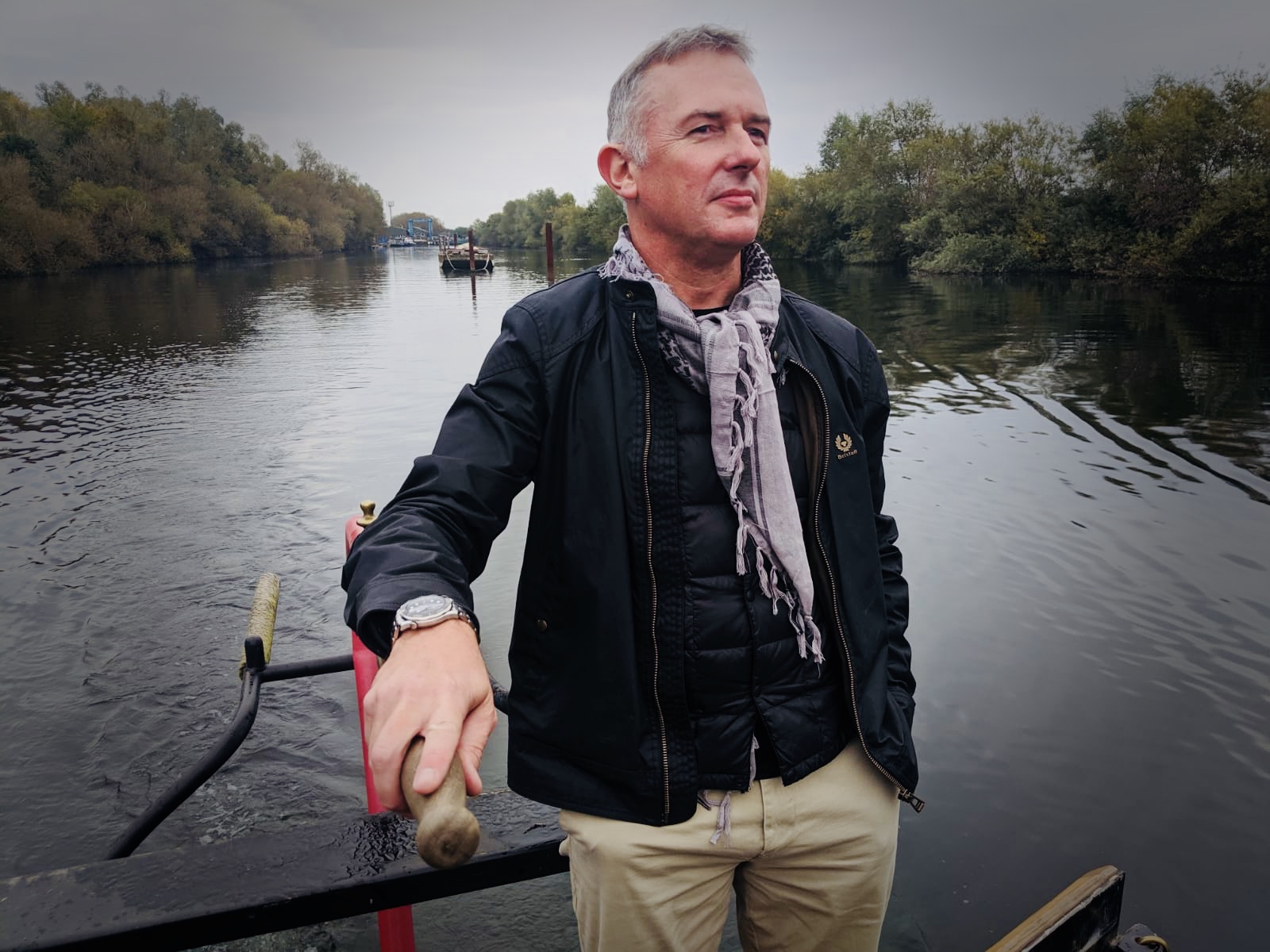
In 2020, just before lockdown, three of my clients asked me if it were possible to make a kinder work environment. And just as everyone was retreating into their homes for lockdown, that question got me thinking.
I wondered about kindness in general and, more specifically, the question of what role kindness serves in the workplace.
I began researching and started encountered the same analysis. So I conducted the most extensive meta-analysis on kindness in the workplace, which all pointed toward the fact that when kindness consciousness increases, all the negatives decrease.
So, about 18 months ago, I wrote a book called ‘The Kindness Code’. It pulls together all my research and tells the part-factual, part-fictional story of the influence of kindness on two people’s relationship.
As we were in and out of lockdowns, I also started chatting to many more people about work kindness. I began coordinating workshops and seminars on kindness.
I got involved with ‘Kindfest’, a fantastic initiative, and around that time, I found the cofounder of the kindness corporation. Her name is Cole Baker-Bagwell, and I discovered she’d been doing similar stuff to me but in the states.
Under normal circumstances, we would have been competitors, but our preoccupation with kindness meant we weren’t. So instead, we spent time working together, and on November 11th of last year, we opened the doors of ‘The Kindness Corporation’.
Our company values are kindness, curiosity and integrity, which I’ve recently realised are my personal values too. Holding personal values is essential as they can become your shining north star.
Some people may say that the word kindness is a wishy-washy term, but I’d say kindness is actually really clear. In yoga, it’s defined as ‘do no harm’, but we believe kindness is more active than that. So our definition would be that kindness is the commitment in thought, word and action to leave everyone and everything better.
In the workplace, for example, a kind meeting would leave everyone with a clean set of actions for their next steps. Everyone would feel listened to and understood.
We’re currently launching a weekly global gathering online of people who are committed to working kind. The programme allows a year of working closely with myself or Cole on how to work kinder and the challenges of kind working.
Now it would be ridiculous to have any other job. Kindness is so important in my life, and I’m convinced it’s the most wonderful thing.
We spend 10 solid years of our lives at work; there’s no need to spend those miserable. If we keep increasing self-awareness and showing up, we can make the world and the workplace a much kinder place.
This blog was written by Elena John based on the interview with Tales to Inspire.
Resources: